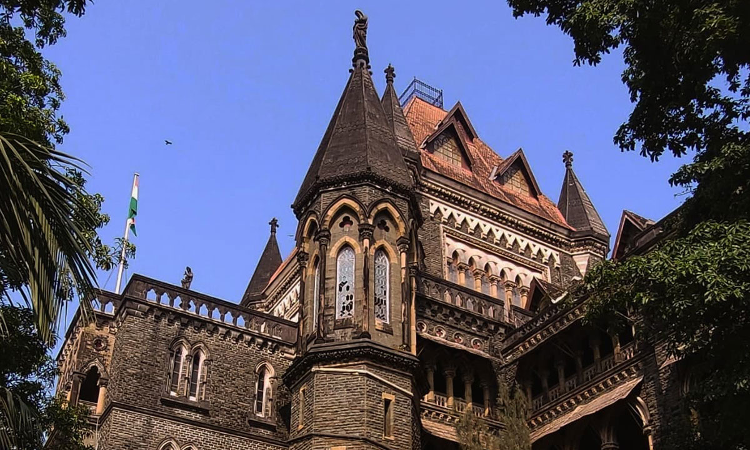Secured Creditor Registered With CERSAI Will Have Precedence Over VAT Authorities Against Proceeds Of Enforcement: Bombay HC
Pankaj Bajpai
28 March 2024 5:30 PM IST

Next Story
28 March 2024 5:30 PM IST
The Bombay High Court recently clarified that in a sale of a mortgaged asset, where the mortgage in favour of a secured creditor is registered prior in time with CERSAI, and the MVAT Authorities too have a charge, the proceeds of the enforcement of the mortgage would first go towards discharging the dues owed to the secured creditor. It is only the residue, if any, after discharging...
